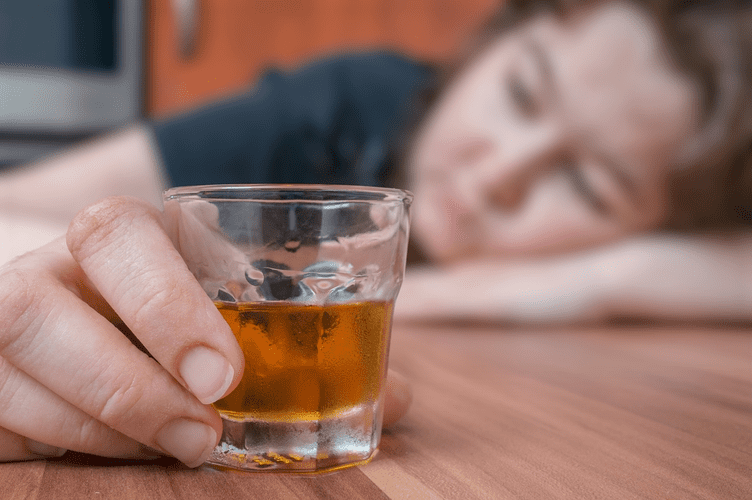Drug & alcohol withdrawal can be agonizing — even life threatening. A medical detox will help you Alcoholics Anonymous safely and comfortably withdraw from drugs & alcohol. Detox is is the vital first step in the journey toward lifelong recovery.
- The old belief that a person must fully accept themselves as powerless for the program to work has been challenged and tested.
- Moreover, long-term effects can lead to complications that significantly impact quality of life.
- Embrace this moment, knowing it’s not a sign of weakness but a step toward a life of freedom, purpose, and fulfillment.
- It involves realizing that your attempts at self-control are not cutting it, and that you need to rely on others to support you in gaining discipline and control.
Tips for Starting and Working Step 1 of AA
Our culture is so entrenched in competing for success that we’re uncomfortable acknowledging the limits of what we can and cannot do, individually. According to Twelve Steps and Twelve Traditions (1981), “Our admissions of personal powerlessness finally turn out to examples of powerlessness over alcohol be firm bedrock upon which happy and purposeful lives may be built” (p. 21). It applies both to our inability to abstain from using a substance or engaging in certain behavior as well as limiting its quantity. While the realization might be painful and challenge the idea of who we imagine ourselves to be, it’s impossible to solve a problem without first acknowledging the scope and scale of the issue.

The Difference Between Powerlessness and Unmanageability

Call us now at KCENTER so that we can help you tackle the first steps of your recovery. It helps foster accountability and is a profound place of support. Recovery is possible, and healing can transform your mind, body, and spirit. At Enlightened Recovery, we offer a holistic, 12-step inspired, clinically proven program for alcoholism and co-occurring disorders. Individuals struggling with this condition often find themselves powerless over alcohol, which can lead to a host of serious health issues both physical and mental health.
Challenges in Partnerships
- While it may sound counterintuitive, acknowledging powerlessness over drugs and alcohol is the first step toward true empowerment.
- You may experience challenges related to systemic inequalities based on race, gender, or socioeconomic status.
- Addressing these challenges not only aids in recovery but also promotes a healthier engagement with both self and others.
- When ordinary people think of the priorities of life, their thoughts naturally turn to family, home, career, and the like.
- At this point, it is time for intervention and professional help if you want to regain control of your life.
- This step is not saying you are powerless over your actions, decisions, or relationships with others; only over your addiction to alcohol or drugs.
Try making a list of experiences in your life where you notice the phenomenon of craving and another list where you experienced the mental obsession that caused you to drink or drug. It can be a dramatic shift in their thinking to finally understand that their life is unmanageable for them and they have essentially lost all self-control. Being powerless means having no control and it is by realizing they have lost control that addicts develop the motivation they need to make important changes in their life. Although the first step can be one of the hardest, admitting to powerlessness can be freeing and open up possibilities to positive transformation. On the surface, this concept can make it sound as though you have absolutely no control in whether or not you recover from alcohol addiction. However, AA still holds this idea for a reason and, in fact, the idea of powerlessness fits in many ways with the current scientific understanding of addiction.


